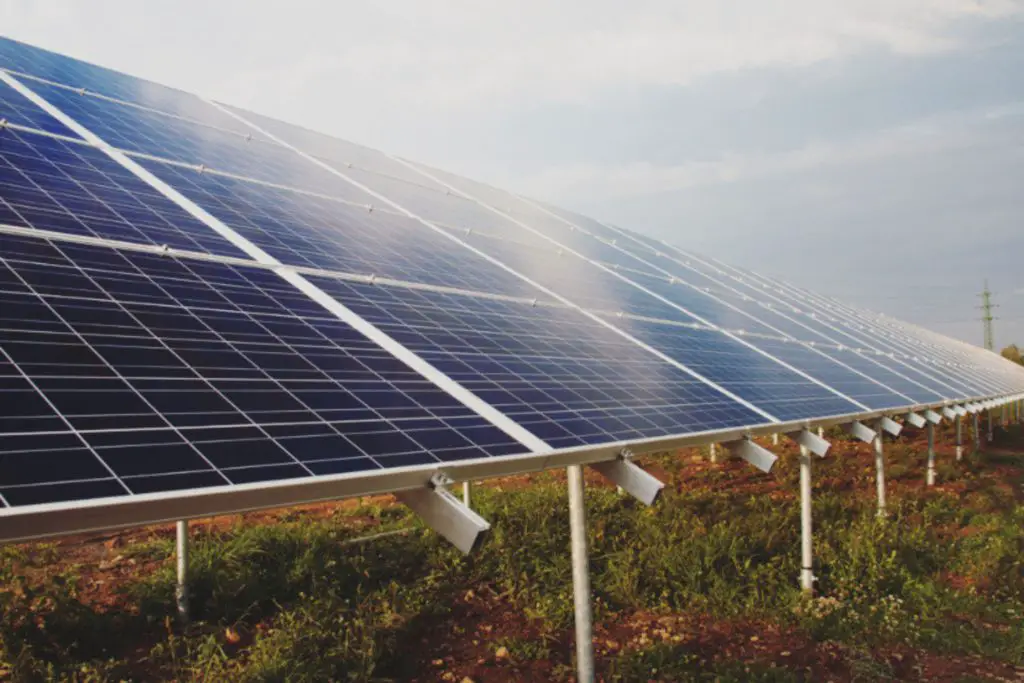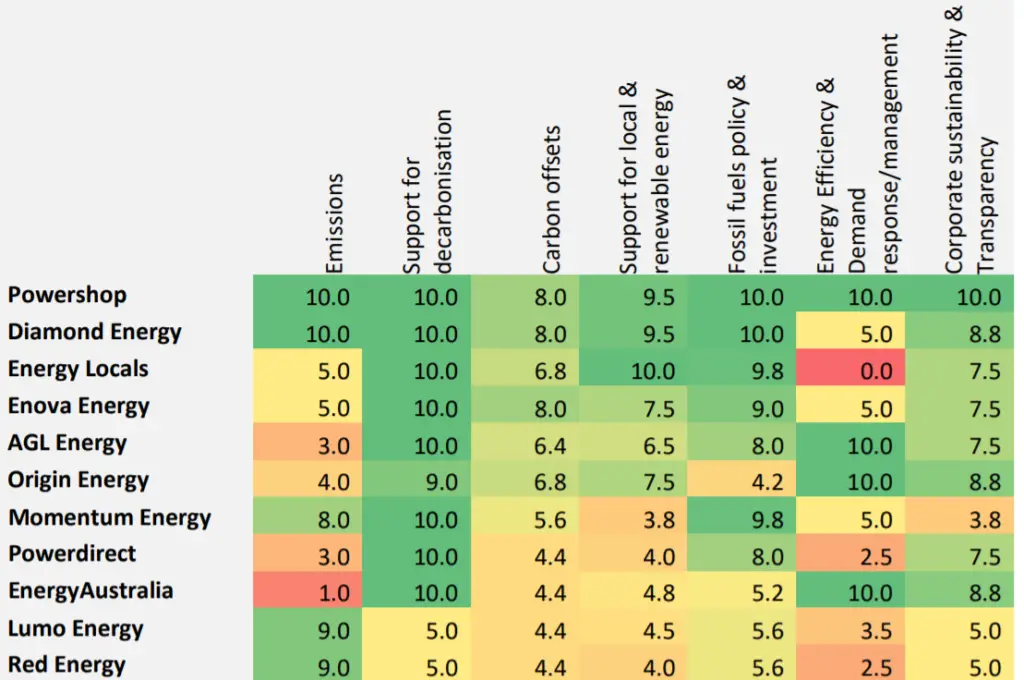Australian Energy Retailers Worth Doing Business With

So the search for a fossil fuel free energy retailer feels very much like my search for a fossil fuel free bank. The aim is not so much direct investment or direct support of the renewable energy market – that is not possible for most of us in Australia, unless you can go solar. But what you can aim for as a consumer is to make sure the retailer you deal with does not support the fossil fuel market. That’s my end goal in my own search for a new energy retailer.
Researching each and every energy retailer would take a lot of time. This is why I went on the search to see if someone has already done that research already. Thankfully I was able to find a website that summarises the energy retailers in Australia and assessed them under the lens of environmental sustainability.
The Total Environment Centre (TEC) and Greenpeace are behind this research and it’s not a bad starting point. You can access the website here: https://www.greenelectricityguide.org.au/.
The downside – this website is 3 years old and since that time there have been new players in the market, many of which are all about supporting a new way of generating electricity. The Green Electricity Guide does not assess these new players, which is unfortunate.
But I had a look at all the new players in the market and can let you know which ones are worth looking into. I’ll cover that later in this blog post.
Who tops the Green Electricity Guide ?
- Powershop
- Diamond Energy
- Energy Locals
- Enova
- … and Origin Energy???? or AGL???
These are the top 5.
And no it’s not me that’s confused or questioning the last one – it’s coming from the Green Electricity Guide. On the website Origin, Energy is ranked 5th and AGL does not appear at all (1) but in the full report, it is actually AGL that ranks number 5 (2). Mmmmm… interesting!
Access the full report here:
So my thoughts on both Origin Energy and AGL can be found in another blog post – in a nutshell, while they appear committed to reducing their emissions, in reality, neither company has done much in that direction. In fact, since 2015 AGL has managed to increase their emissions (perhaps that is why the guide has removed AGL from the main section of their website? Who knows?).
Their scoring system relied on publically available information and responses to a survey (in a nutshell). If you refer to the snapshot below, you can see the different elements that were considered to come up with the final score, which was used to rank all the energy retailers they considered (2):

AGL and Origin do support decarbonisation and have corporate sustainability goals, centred around being net-zero by 2050. These companies are increasing their renewable energy investments. Because they are so large, they can build these on a large scale. However, I am not convinced that these large scale productions are what we need. And alongside increasing investment in renewables, I can see signs that they are expanding their natural gas activities as well.
I can’t help but be sceptical. As I read more on this topic it appears to me that the only reason these companies are investing in renewables such as solar and wind is so they can also justify their continued investment in natural gas / LPG. They will strongly argue that gas is needed as a transition fuel, as a source of energy to stabilise the market when solar and wind can not meet demand. I get the arguments, but I think it’s a convenient one that ignores other solutions. Its a harmful position to take because it diverts attention and funding away from other technologies that are cleaner and less polluting.
I think local energy production and demand management (energy efficiency and using energy at the times renewable energy is available) need to be the focus.
In my review of their website, I did not think AGL or Origin truly supports demand management. And they certainly do not support local energy production. At least not the way some other energy retailers do. So these two retailers are off my list, no matter what these green electricity ratings say.
Who else should I consider?
As I mentioned, there have been a lot of new energy retailers entering the market since the Green Electricity Guide was last published.
I relied on Canstar to get a list of the current energy retailers in my state. You can get a list for your state here: https://www.canstarblue.com.au/electricity/ (scroll down and select your state).
I had a look at retailers in NSW that were not covered by the Green Energy Guide and believe these are retailers worth considering:
- Amber electric
- Bright spark power
- Discover energy
- Elysian energy
- LPE
- Nectr
- OVO energy
- Powerclub
- Radian energy
- Social energy
I’ve assessed these retailers based on information on their website only. My main criteria was that they were no signs that they were owned by a company that generated electricity using fossil fuels.
All are privately owned, so it is hard to know for sure who owns these companies but considering how small these retailers are, the fact that they are Australian based and looking at the value statements for all these companies, I very much doubt that they are owned by private companies that deal with fossil fuels.
As well as not being owned by a company that deals with fossil fuels, I also checked that these companies met some of the elements I consider important in picking an environmentally friendly energy retailer. These elements are summarised in my blog post here.
The elements I considered were very similar to those considered in the Green Electricity Guide, but I placed more emphasis on some over others.
Checklist when choosing an environmentally friendly energy retailer
Here is the checklist again, but this time relisted in order of priority:
Asset ownership
- The parent company (or any owner of the company) does not extract, transport or generate power from fossil fuels
- They own renewable energy assets or the parent company owns assets that generate renewable energy
Market position
- They actively take the position that coal fire power sources should be phased out of our market
- They promote energy efficiency
- They support technology that allows for small scale/ local electricity generation
Pricing
- Supports localised energy production and community involvement
- Promotes demand management (more on this in another post)
- They off high solar feed-in tariffs to encourage households to go solar
Energy use
- They offset their own energy use
Products offered
- They offer carbon-neutral energy
- They offer GreenPower*
* why this is last on the list is explained more here.
I’m personally looking to switch energy retailers and my next step is to take the list of retailers noted above and decide which one I want to go with, using price as a starting point and an in-depth review of the best-priced companies as the final deciding factor. This will be covered in my next post.
xx Tahsin
References:
(1) https://www.greenelectricityguide.org.au/
(2) https://www.greenelectricityguide.org.au/wp-content/uploads/2018/03/2018-GEG-Final-13-Feb-2018-V.2.pdf




